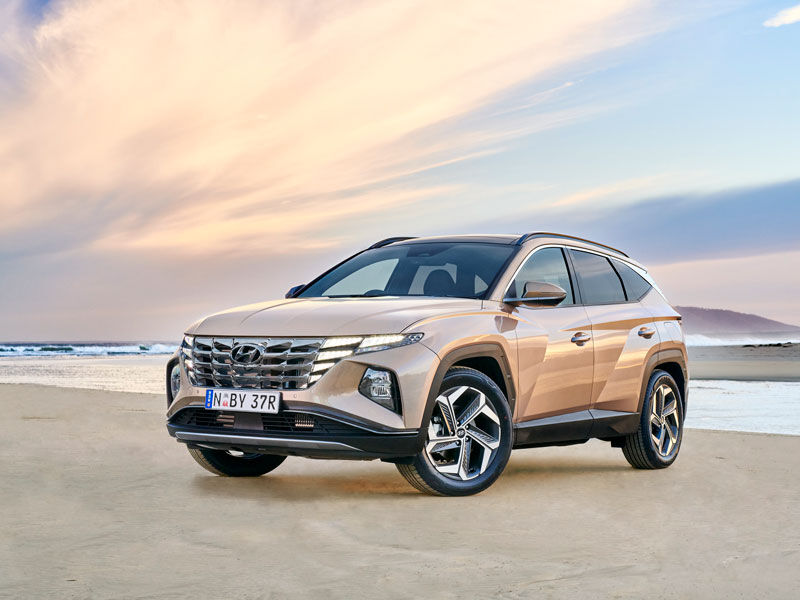The automotive industry has witnessed significant growth in the production and adoption of electric vehicles. Electric cars, also known as EVs, have become increasingly popular among environmentally conscious individuals and those seeking fuel-efficient vehicles. However, this trend has not just been limited to the passenger car segment. In recent years, electric SUVs (sport utility vehicles) have emerged as a new trend in the EV market. In this article, we explore the advantages and challenges of electric SUVs, their rise in popularity, and what the future holds for these green machines.
Advantages of Electric SUVs
- Environmentally Friendly: One of the main advantages of electric SUVs is that they are environmentally friendly. Unlike traditional gasoline-powered SUVs, electric SUVs do not produce any emissions that could harm the environment. This is a significant advantage for individuals who wish to reduce their carbon footprint or live in areas with strict emissions regulations.
- Lower Operating Costs: Another advantage of electric SUVs is that they have lower operating costs than traditional SUVs. While the upfront cost of an electric SUV may be higher, the cost of running and maintaining one is much lower. For example, electric SUVs do not require oil changes or regular maintenance of the exhaust system, reducing the overall cost of ownership.

- Enhanced Performance: Electric SUVs offer enhanced performance compared to traditional SUVs. Electric motors provide instant torque and acceleration, making them quicker and more responsive than traditional gasoline-powered SUVs. Additionally, electric SUVs tend to have lower centers of gravity, which provides better handling and stability.
- Increasing Charging Infrastructure: Charging infrastructure for electric vehicles has been growing rapidly across the world in recent years. This has made charging an electric SUV more convenient than ever, with many charging stations now available at public places such as shopping centers, hotels, and apartment buildings.
Challenges of Electric SUVs
- Limited Driving Range: Although the range of electric SUVs is improving, it remains a potential hurdle for many buyers. Electric SUVs tend to have a lower range than gasoline-powered counterparts, making long-distance travel more problematic. However, advancements in battery technology and charging infrastructure are improving range capabilities.
- High Upfront Costs: Electric SUVs tend to have higher upfront costs than traditional SUVs. This is primarily due to the cost of the batteries, as they represent a significant proportion of the vehicle’s overall cost. However, with lower operating costs and fuel savings in the long run, electric SUVs can prove to be more cost-effective in the long term.
- Lack of Variety: Currently, the number of electric SUV models available in the market is limited, with few options to choose from. However, as the demand for electric SUVs continues to grow, we can expect more automakers to enter the market with additional models.

Future of Electric SUVs
The future of electric SUVs looks positive. Many automakers have already committed to an all-electric future, with plans to launch a range of fully electric SUVs. Additionally, advancements in battery technology will continue to improve range capabilities and charging times, addressing the primary concern for potential buyers. Furthermore, governments around the world are offering incentives and tax breaks for electric SUVs and electric vehicle charging infrastructure, fuelling their growth.
The rise of electric SUVs offers significant benefits for drivers and the environment. Electric SUVs are environmentally friendly, have lower operating costs, enhanced performance, and charging infrastructure is increasingly becoming more accessible. The primary challenges of electric SUVs are the limited driving range, high upfront costs, and lack of variety. However, with advancements in battery technology, charging infrastructure, and growing demand, electric SUVs are the future of the automotive industry.

